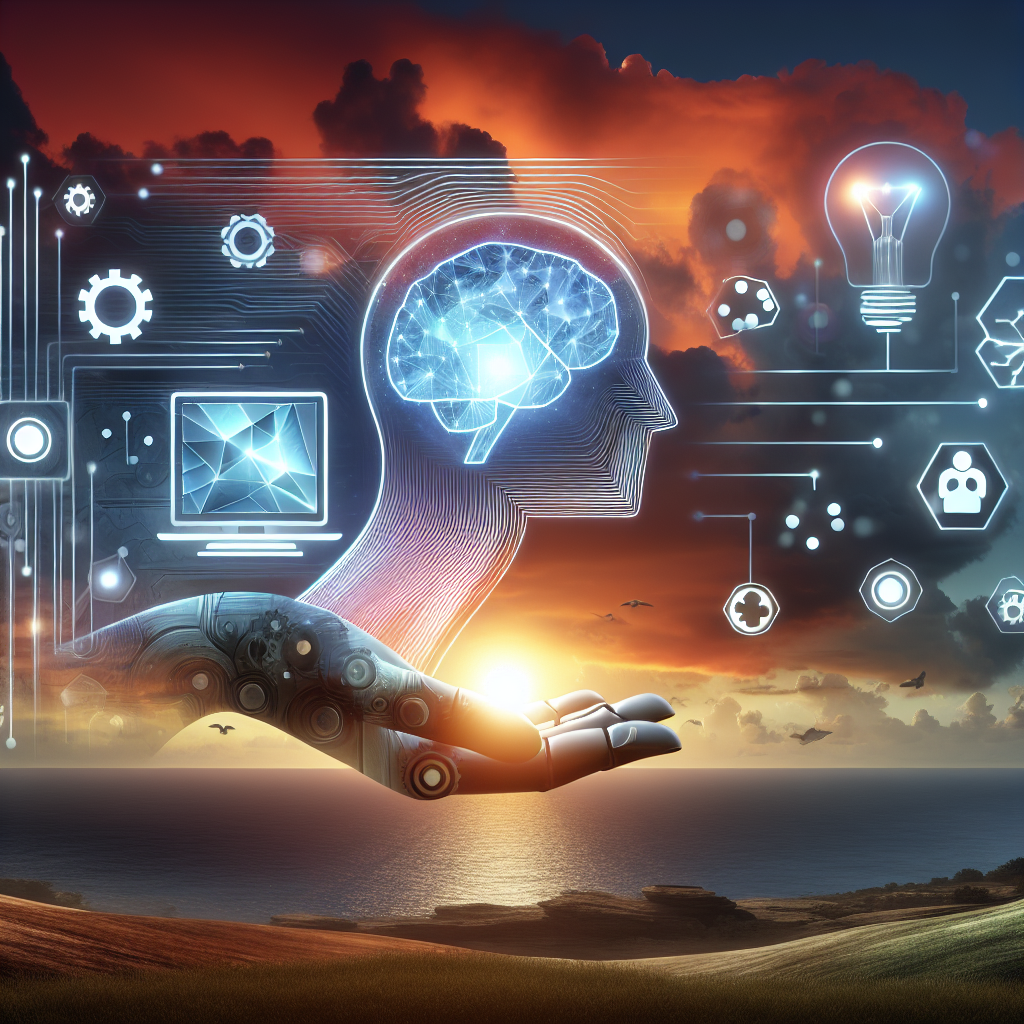Understanding AI in Mental Health Diagnostics
Curious about how artificial intelligence is making waves in mental health care? You’re not alone! This is a rapidly evolving field that’s sparking interest and raising a plethora of questions. Let’s dive into some of the most common queries.
What Exactly is AI in Mental Health?
AI, or Artificial Intelligence, is essentially technology designed to perform tasks that typically require human intelligence. Think of it as your phone’s virtual assistant, but supercharged! In mental health, AI can analyze large sets of data, identify patterns, and help clinicians make informed decisions.
How Does AI Diagnose Mental Health Conditions?
This might sound like science fiction, but AI can actually help in diagnosing mental health conditions. Here’s how:
- Data Analysis: AI can swiftly review patient records and other data sources to identify potential mental health issues.
- Pattern Recognition: It detects patterns and markers of mental health conditions that can sometimes be missed by traditional methods.
- Predictive Analytics: AI uses historical data to predict possible future health outcomes for patients.
Are There Any Benefits?
Absolutely! Here’s why AI is a game-changer:
- Speed: AI can quickly process vast amounts of data, significantly speeding up the diagnostic process.
- Accuracy: By recognizing subtle patterns, AI can augment traditional assessments and potentially lead to more accurate diagnoses.
- Accessibility: AI-driven tools can provide insights even in areas where access to mental healthcare professionals is limited.
Should We Be Concerned About Privacy?
Privacy is always a concern when technology is involved. However, AI developers and mental health professionals are well aware of this. Many emphasize maintaining patient confidentiality and adhere to stringent data protection standards.
What’s Next for AI in Mental Health?
The future looks promising! AI’s role in mental health is expected to grow with ongoing advancements. From personalized treatment plans to real-time mental health monitoring, we are on the cusp of a transformative era in health care.
If you’re intrigued and want to learn more, keeping an eye on research publications and health tech news is a great way to stay informed.
Final Thoughts: While AI in mental health diagnostics is still budding, its potential to improve access to care and enhance diagnostic accuracy is hopeful. By marrying technology with empathy, the future of mental health care looks bright and inclusive!
